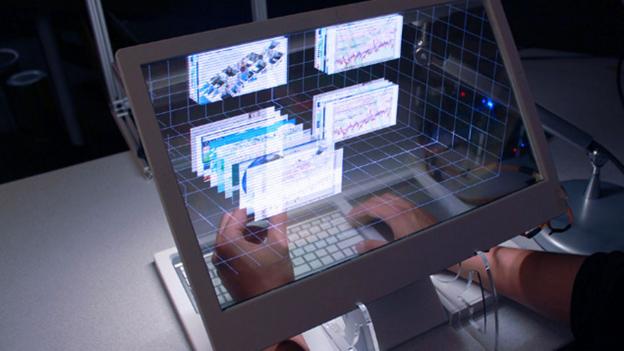Latest Articles on Space
-Futuristic British plane set to be tested by 2020.
Skylon is set to be tested through a space flight by 2020. The European Space Agency along with the British government are providing the funding. Private companies are also pitching in the same amount ($100 million) to complete further development on the rocket. By 2017, the development of the engine should be completed and by 2020 this next generation rocket could be ready for launch.
Latest Articles on Technology
-Smart Lamps next generation street lamp?
Dutch designer Chintan Shah has invented a new street lamp system named "Tvlight". Shah did some research on this topic and noticed that street lamps waste tons of energy which leads to over 10 billion Euros (13 billion dollars) in money being wasted to run these lamps. These smart lamps only turn on when people are near the street light. There are also other innovations that smart lamps could do. For example, emergency personal could control these lights and flash them red warning people just ahead of the emergency vehicle to get out of the way.
Next
month, the military futuristic agency will test flight-test technology
when visibility is cut to nothing (such has a heavy dust or snow
storm). It uses data and sensors to measure terrain and obstacles that
are within the pilots path and gives the pilot an image of what is
below. It could either go on the helicopters dashboard or even appear in
the pilot's helmet. This technology could help the United States
within a few years. BAE Systems
is the company that developed this new technology. This military
technology could also be used in other products that the average
consumer could buy, such as Google Glass.
The
idea of interacting with your computer is just around the corner,
according to Jinha Lee. He has been working with 3-D computer screens
that react to hand movements of a person. They allow the person to
"feel" the objects within the screen. He claims that a futuristic
computer will have the ability to grip, grab, and touch, the objects
that are within the screen.
Credit to Space.com and Bbc.com for the images.


No comments:
Post a Comment